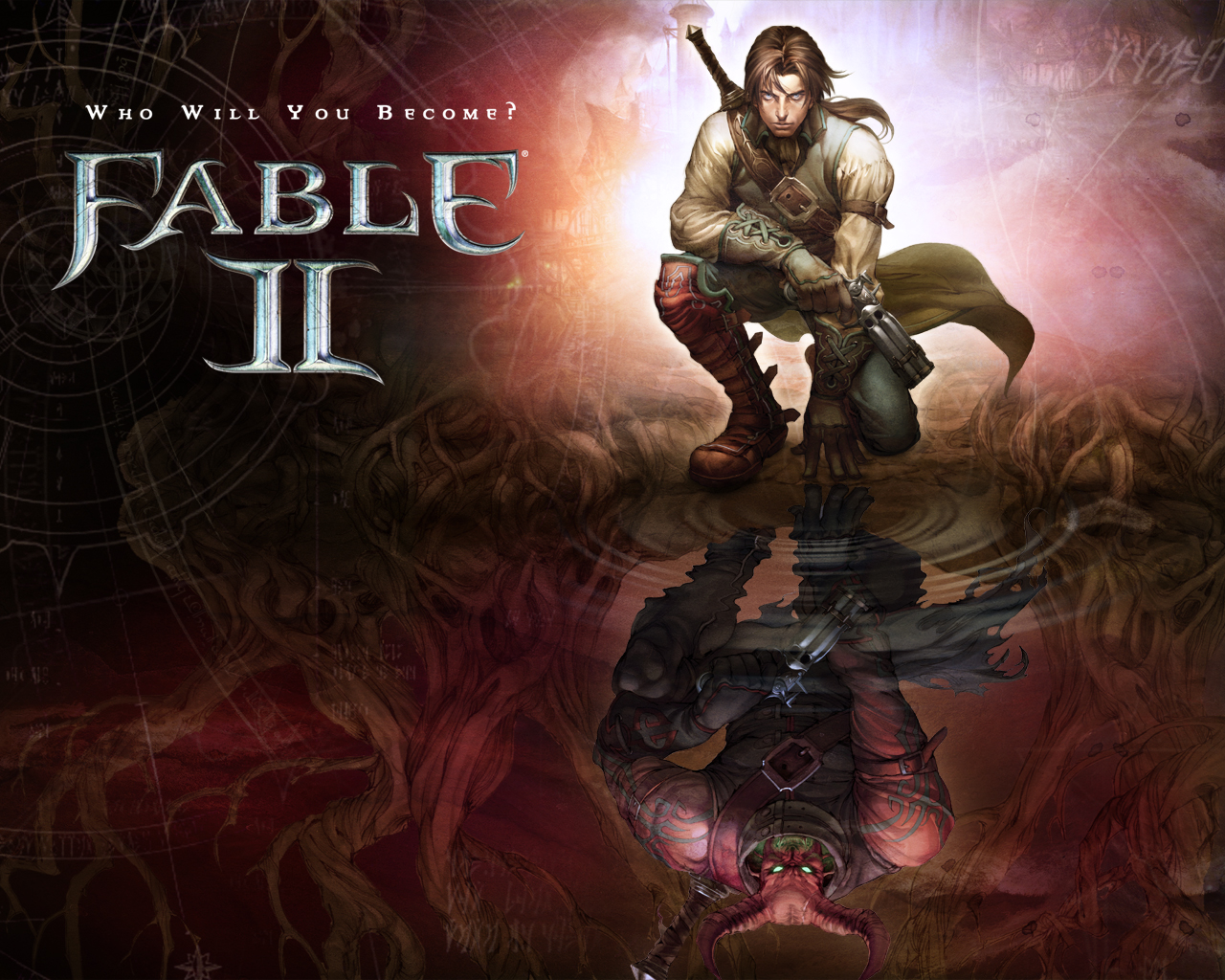| 正面 | 12528.fable 英 ['feɪb(ə)l]美 ['febl]     |
|---|---|
| 背面 |      释义: 1. 谐音“客旅木生”-----旅客在野外露营时用木头生火--------火,就是火红色、深红色。2. carmine <=====> crimson.n. 寓言;无稽之谈vi. 编寓言;虚构vt. 煞有介事地讲述;虚构n. (Fable)人名;(法)法布勒;(英)费布尔 例句: 1. The old fable continues to echo down the centuries.这则古老的寓言流传了数个世纪。 fable 寓言来自PIE*bha, 说,词源同phone, fame. 指说的故事,寓言等。 fablefable: [13] The Indo-European base *bha- ‘speak’ has produced a wide range of English words, including (via Germanic) ban and (via Latin fārī ‘speak’) affable, confess, fairy, fame, fate, ineffable, infant, nefarious, and profess. Fable is a member of this latter group; it comes via Old French fable from Latin fābula ‘narrative, story’ (source also of English fabulous [15]), which was a derivative of fārī. Fib [17] is probably short for an earlier fible-fable ‘nonsense’, a fanciful reduplication of fable.=> affable, ban, confess, fabulous, fairy, fame, fate, fib, ineffable, infant, nefarious, profess, prophetfable (n.)c. 1300, "falsehood, fictitious narrative; a lie, pretense," from Old French fable "story, fable, tale; drama, play, fiction; lie, falsehood" (12c.), from Latin fabula "story, story with a lesson, tale, narrative, account; the common talk, news," literally "that which is told," from fari "speak, tell," from PIE root *bha- (2) "speak" (see fame (n.)). Restricted sense of "animal story" (early 14c.) comes from Aesop. In modern folklore terms, defined as "a short, comic tale making a moral point about human nature, usually through animal characters behaving in human ways" ["Oxford Dictionary of English Folklore"]." |